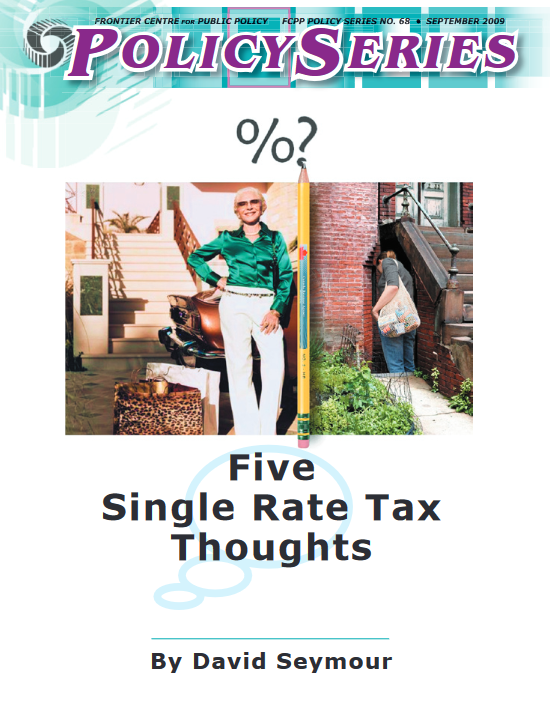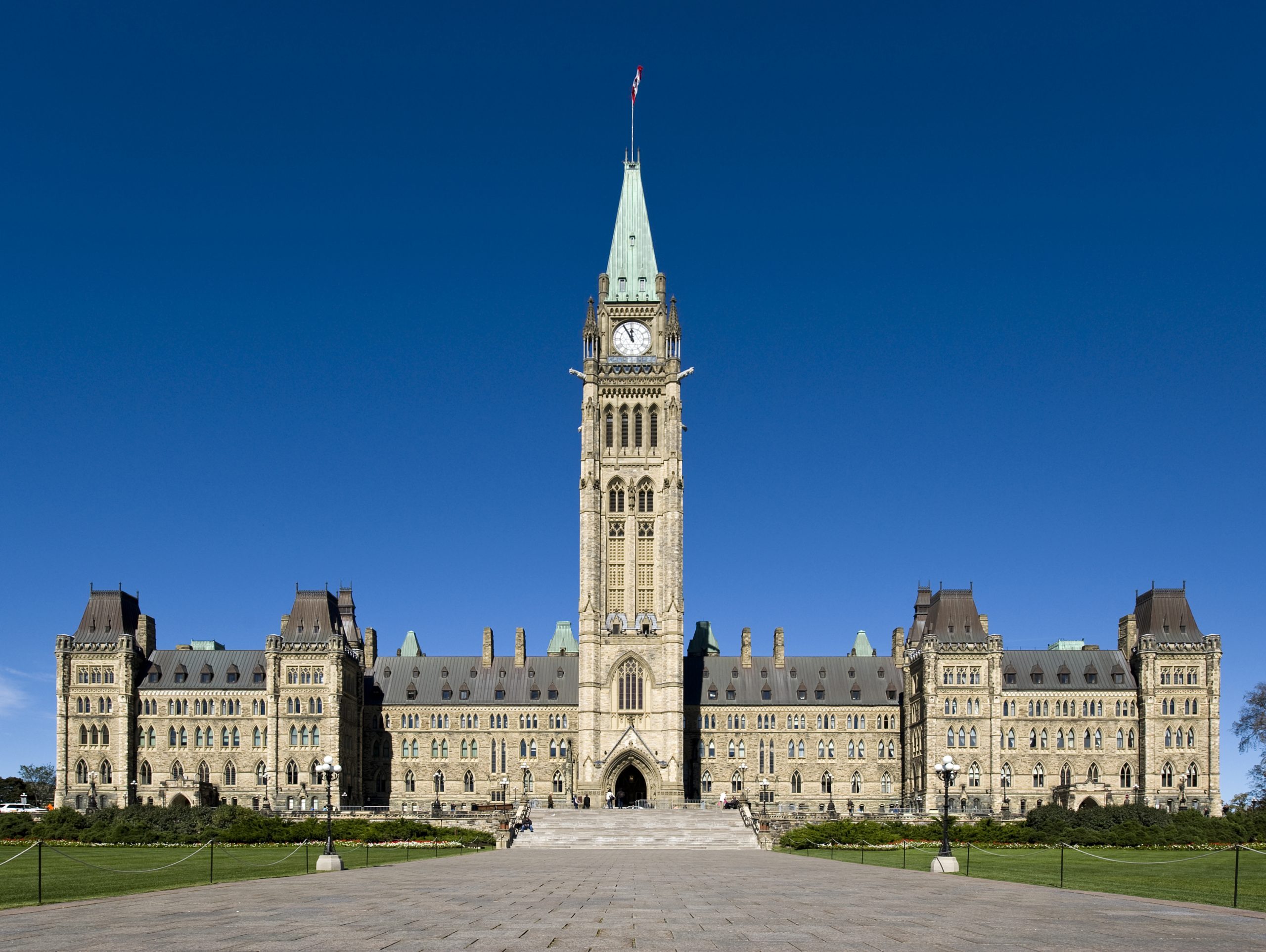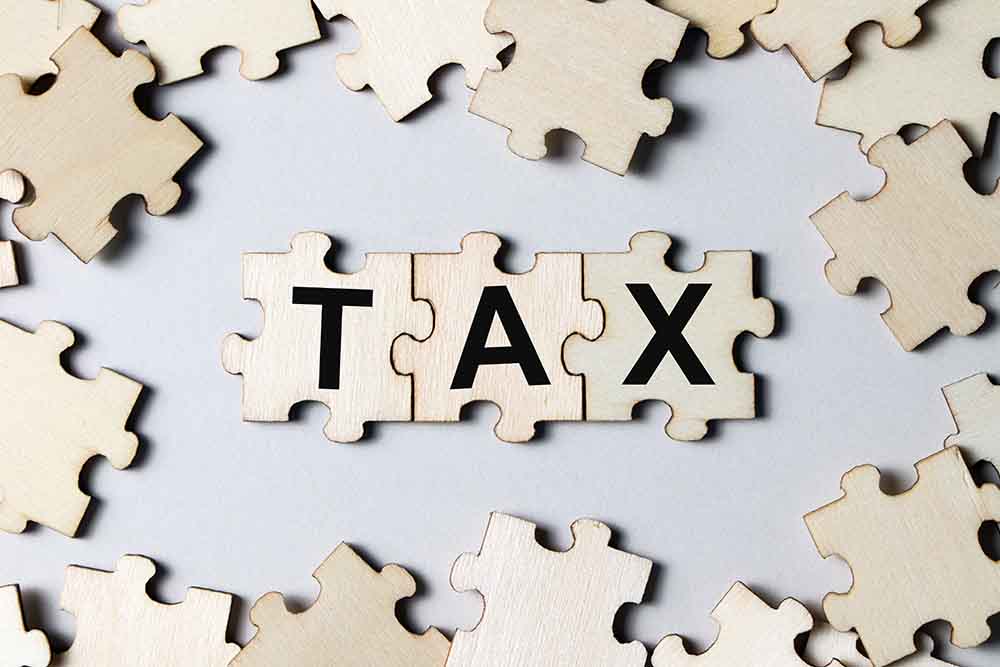The income tax structure has been an area of relatively little public policy debate for most of the previous century. It has been widely accepted that having a hierarchy of tax rates wherein higher levels of personal income result in higher percentage tax rates is a just and economically efficient way to raise revenue.
For example, in Saskatchewan there is an 11 per cent tax on the first $39,135 of income (excluding the basic personal exemption of, $13,269), 13 per cent on the next $72,679 and 15 per cent on all income above $111,814.
However, this wisdom has been challenged theoretically and in practice over the past two decades. In 1983, Stanford University economists Alvin Rabushka and Robert Hall made the case for a single rate of personal income tax with no exemptions other than for investment, so the tax would effectively be a consumption tax levied on income. This system would make it simpler and cheaper for revenue agencies to collect taxes and for taxpayers to comply with the regulations. It would also create fewer distortions in the economy than systems involving multiple rates, numerous exemptions and special treatments do.
At this time, only a minuscule number of small jurisdictions worldwide had systems that approached the pure flat tax model advocated by Rabushka and Hall, and to date, no jurisdiction has such a system in its pure form.
However, there has been a global revolution in taxation policy over the past decade, and at least 25 jurisdictions now have tax regimes that approach the flat tax model. They have adopted or significantly moved toward adopting the following measures:
Read the full report in PDF here: Five Single Rate Tax Thoughts (17 pages)
David Seymour directs the Centre’s Saskatchewan office. He holds degrees in Electrical Engineering and Philosophy from the University of Auckland, where he also taught Economics. After working as an engineer in New Zealand he is applying his passion for sound policy analysis to policy issues on the Prairies.



